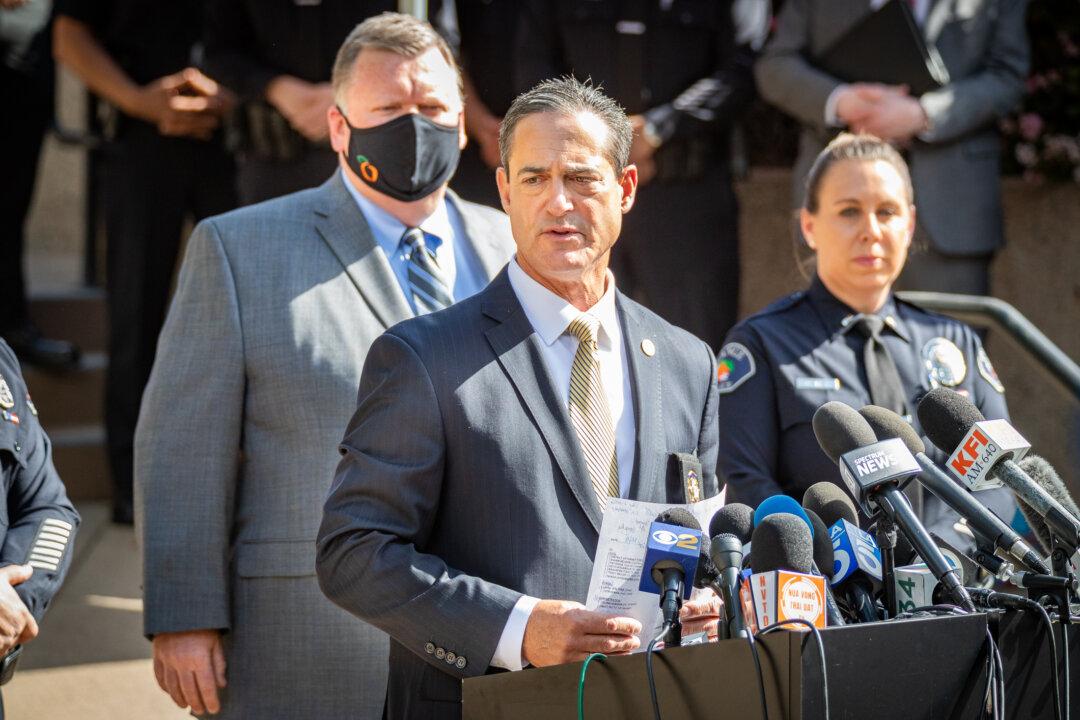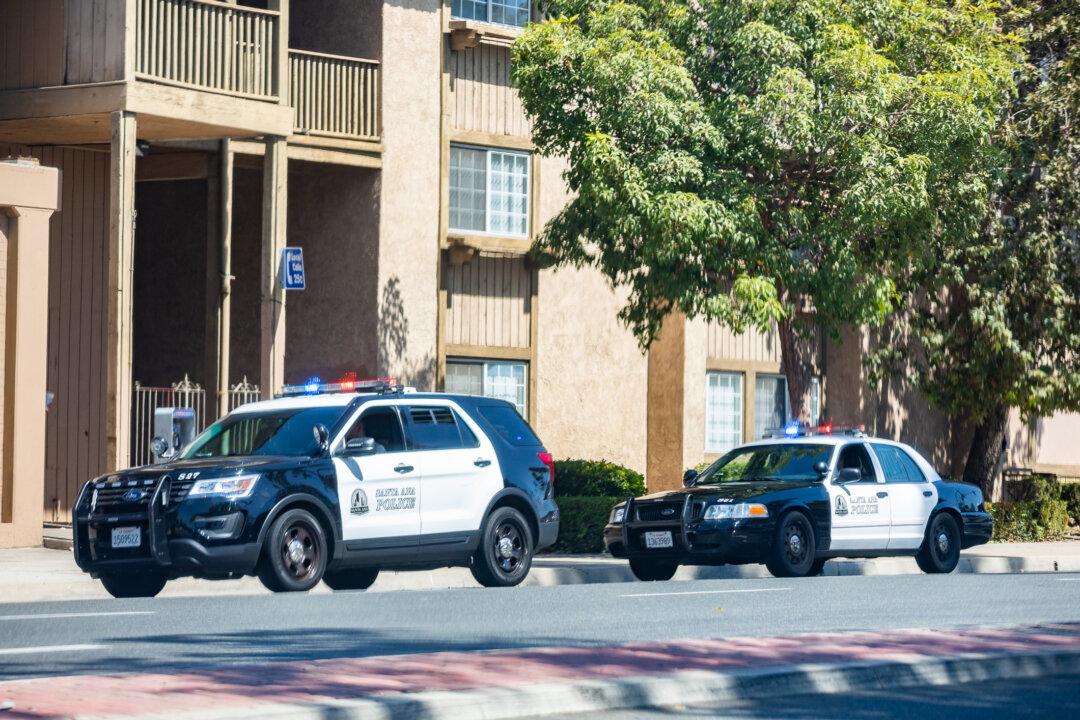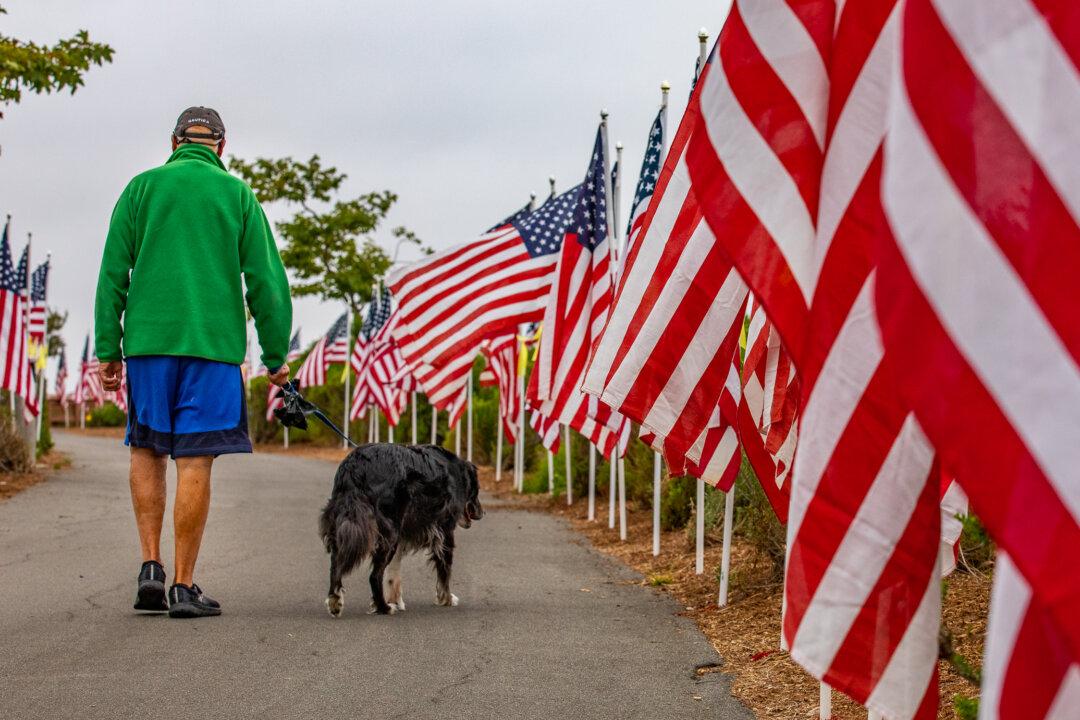The chief suspect in a mass Orange, California, shooting could face the death penalty if convicted, and Orange County’s district attorney said he’s pursuing the option.
“With respect to the situation in Orange, I’m the only person in this county that makes the ultimate decision about whether we’re going to charge somebody with death,” Todd Spitzer said during an April 6 virtual town hall. “That is an immense responsibility, and I’m required under the law, and morally, to look at the entire situation.”





